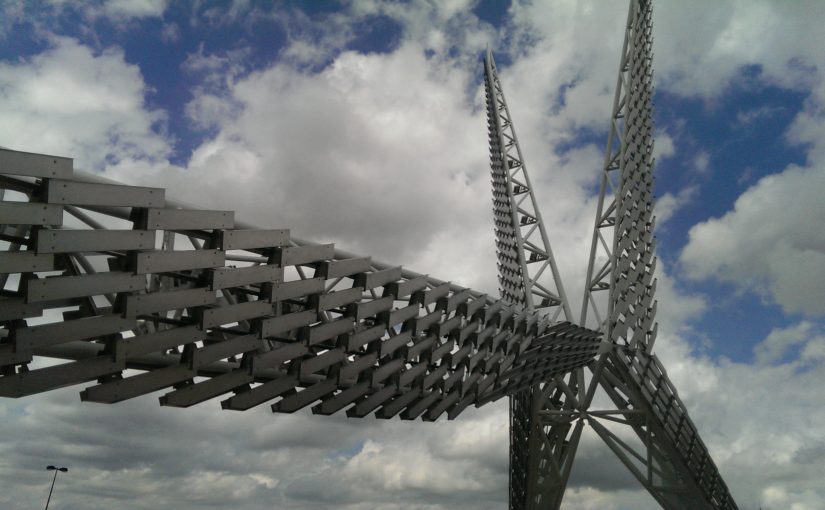I need a pure mathematician to discuss this with me but I have been having some shower thoughts on infinite numbers and their implications. I am not a formally trained mathematician and am almost certainly using words like “set” and “infinite” differently than would be properly used by one, but regardless I need to get these out of my head.
First, it seems logical for order sets of infinitely large things, of a defined group, that the nature of their being ordered would mean all possible patterns for that set would occur. For example the defined group of 0, 1, 2, 3, 4, 5, 6, 7, 8, and 9 in the order of “1”, “2”, etc through infinity would always contain any possible finite “number” regardless of the patter if we assume the patter must contain those ten characters.
Second, it seems just as logical for unordered sets of infinitely large things, of a defined group, that the nature of their being unordered would mean all possible patters for that set would NOT occur. In other words, that because such a set is ordered in a non-exhaustive way that even if the set was used infinitely it would not guarantee all possible discrete sets would be used. For example the defined group of a, b, c, d, e… through z order via “one”, “two”, etc. through infinity would not automatically contain the word “xxxzxxznnnzzz” because such word violates the rules of the English language. So an infinite number of words would be produced but non of them would be xxxzxxznnnzzz.
The natural implication for this is that for sets that have arbitrary rules that the normal assumptions for infinite breakdown.
A totally different question also comes to mind. For infinite numbers that (although unordered still contain all possible patters) for example pi. Do specific patterns in these sets generally appear random (at least within the confines of their set length?) Is their randomness generally uniform?

